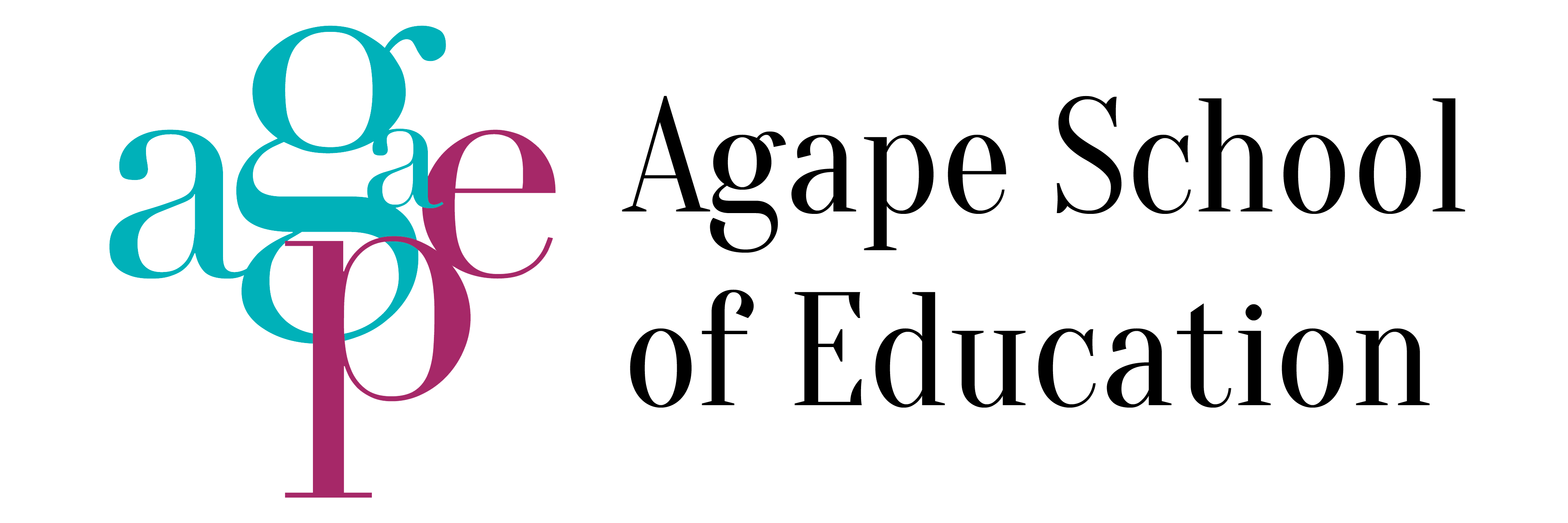While we all know it is increasingly important today to be multilingual, the debate continues over which languages are more relevant, how the language is learnt and the background of the teacher.
To this day the issue of the native and non-native language teacher is a hotly debated topic. The debate was opened a long time ago, starting in the late 1960s and early 1970s when the communicative approach was put at the heart of language teaching and learning. in 1994, Peter Medgyes, a reader at Eotvos Lorand University in Budapest and native speaker of Hungarian, published The Non-Native Teacher, a book relating the native/non-native speaker theme to the students and teachers of foreign languages. The conclusions are as follows:
- native and non-native teachers generally differ in language proficiency;
- thhey also tend to differ in terms of teaching behaviours;
- item one accounts for most of the differences in item two;
- both can be equally good teachers.
Let’s go back in History
Native speaking teachers are teachers that were born into the language that they teach. Non-native speaking teachers are teachers that weren’t born into the language that they teach but instead learned the language as secondary.
Let’s take English as an example. It is one of the national languages of Singapore and our first language. Although English is not the language with the greatest number of native speakers world-wide, its importance for communication is constantly growing. This globalization of the English language has tremendously affected the teaching of English as a foreign language and has contributed to the increase in students’ and institutions’ preference for native teachers of English over non-native teachers.
Especially in countries where the level of English at the end of secondary education is considered poor or insufficient, having native teachers in the classroom is seen as the only solution to improve the student’s communicative skills and prepare them for their future work in this new global world. Similarly, in many schools, non-native teachers have too often been relegated to teaching grammar or translation using their students’ native language. Does this mean that a non-native speaking teacher can better connect with their students to explain intricate grammar or syntax rules? Things often tested in examinations, such as the MOELC Admissions test, the GCE “O” Level, GCE “A” Level and even at the diploma or international qualification stage.
Being a native speaker in teaching world language is not that important
Some students who have experience with Native and Non-Native speakers have often commented that native speaker of a language come with the ideologies of having a greater command of the language, and might have a deeper understanding of the cultural phenomenon but non-native teaching staff, most of whom have had a similar education to their students were more familiar with methodology and how to work efficiently with their students. Having had to learn about the culture of the community in depth, non-native speakers could do a better job at integrating the learning culture of a specific school community with the language they are trying to teach.
That said, many still consider that foreign languages should be taught by native speakers of the language. This has been labelled the “native speaker fallacy”.

The Native Speaker Fallacy
The ‘native speaker fallacy’ is challenged for many reasons, including that non-native teachers actually add valuable experience as language learning models. In fact, students both benefit from and want to be taught by a mix of both native and non-native teachers.
In many cases, having a teacher who learned the language you want to learn as a second language is preferable because he or she will understand the stumbling blocks. Such teachers have figured out how to communicate the conceptual difficulties of the new language, and are therefore better able to help new students get up to speed quickly.
In many countries, large numbers of non-native language teachers and lecturers trained and employed by the state and private education continue to carry out their work with expertise and enthusiasm.
To be sure, native speakers have a few obvious advantages over non-native teachers. Native teachers know the language very well, having used it their entire lives. They can give the students insights into the culture which a non-native would find difficult to provide, and they know things about their language, which a non-native teacher might find impossible to learn.
However, at the Agape School of Education (ASOE), we place a high importance on the upskilling our all our tutors, regardless of native speaker status, and all our teachers are encourage to learn from one another!
Non-natives, indeed, tend to have far better language analysis than natives. They know what caused them problems learning the language, and can apply that experience to their own lessons. And Native teachers can explicate on cultural nuances and encourage interest in the student around the culture of the language.
Having native teachers and non-native teachers working together is definitely ideal and many language teaching organisations nowadays opt for this team approach to teaching, in which a native and a non-native speaking teacher share the same class, but the role of non-native teachers should not be limited to teaching grammar particularly the teaching of grammar for a grammar test, not for its application in reading or writing.
These are precisely the course structure that the ASOE offers in our ‘Blended Approach’ classes! Students learn from a face-to-face local tutor, as well as, a tutor located in the country of that language! The teachers at ASOE are a mix of native and non-native teachers who learn from each other to better help their students. Our unique curriculum also includes teaching students the culture behind the language so that they can better immerse themselves in the language and enhance their learning experience.
Call us today to find out more!



0 Comments